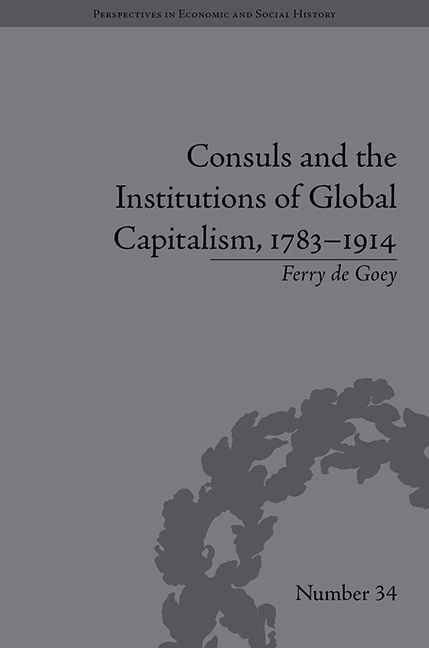5 - Sub-Saharan Africa
Summary
In this chapter the role of consuls in sub-Saharan Africa is investigated. Unfortunately, little is known about the international relations in sub-Saharan Africa. G. W. Irwin, focusing on diplomacy on the African west coast, distinguishes three phases of international relations on the African continent: indigenous (before c. 1500), Afro-European (c. 1500–c. 1880) and European–African (after c. 1880). Scholars even debate the existence of states in sub-Saharan Africa before the arrival of Europeans in the fifteenth century. N. Lante Wallace-Bruce, however, points out that Africa in the precolonial period certainly had states and practised diplomacy similar to European states. In the nineteenth century, parts of sub-Saharan Africa came under Muslim rule. In these territories the consuls operated under the Islamic system of international relations, similar to those of the Middle East and North Africa. In non-Muslim territories the conditions remained more varied. Scholars distinguish two categories of African states: more centralized (e.g. Asante and Zulu) and more decentralized (e.g. Ibo and Nuer).
Until the 1850s, there were no consuls in sub-Saharan Africa. Thereafter their number increased after the Europeans were able to conclude new treaties of friendship and commerce that allowed the appointment of consuls. It took longer to obtain extraterritoriality, which gave consuls judicial powers over their compatriots. Until about the 1870s, the African rulers offered protection and decided on civil and criminal cases when Westerners were involved.
- Type
- Chapter
- Information
- Consuls and the Institutions of Global Capitalism, 1783–1914 , pp. 115 - 140Publisher: Pickering & ChattoFirst published in: 2014

